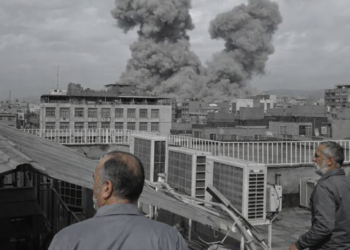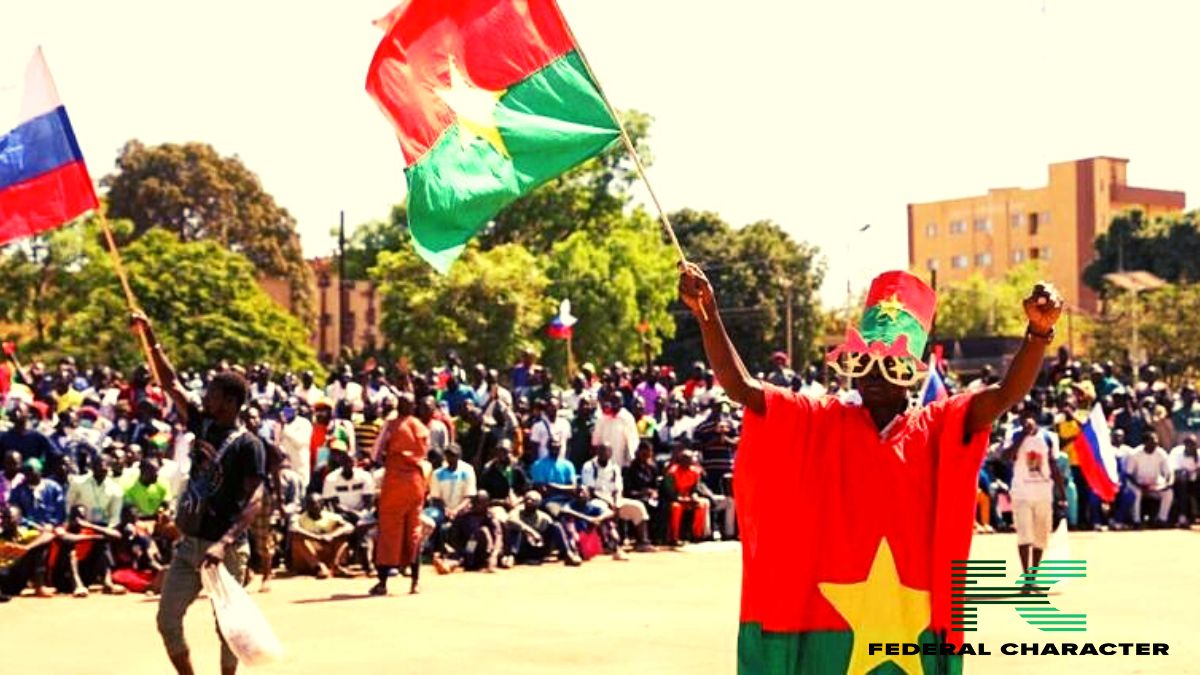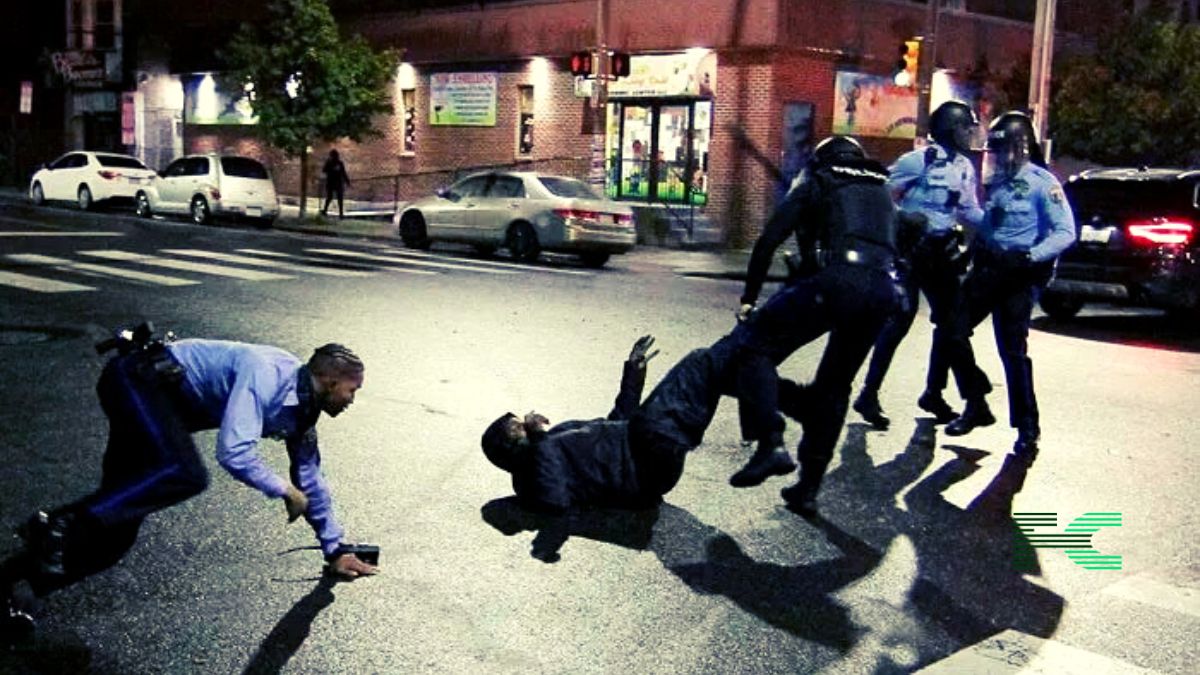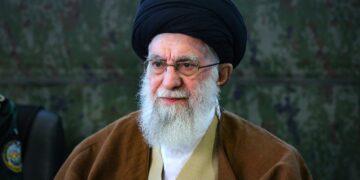The decision by Bologna’s prefect to ban a pro-Palestinian demonstration is a capitulation to fear and a dangerous subversion of democratic principles. By citing the “risk of unrest” as a justification for silencing dissent, the Italian authorities are not preventing conflict—they are merely sweeping it under the rug, where it will inevitably fester and erupt with greater force.
This ban, openly celebrated by the Israeli embassy as a successful collaboration, reveals a government more interested in managing its international image than in upholding the fundamental right to assembly. The move creates a perilous double standard: while the state permits countless other forms of political expression, it designates this particular cause as too volatile, effectively punishing peaceful activists for the potential actions of fringe elements. This signals to the world that Italy’s commitment to free speech is conditional on the political acceptability of the message.
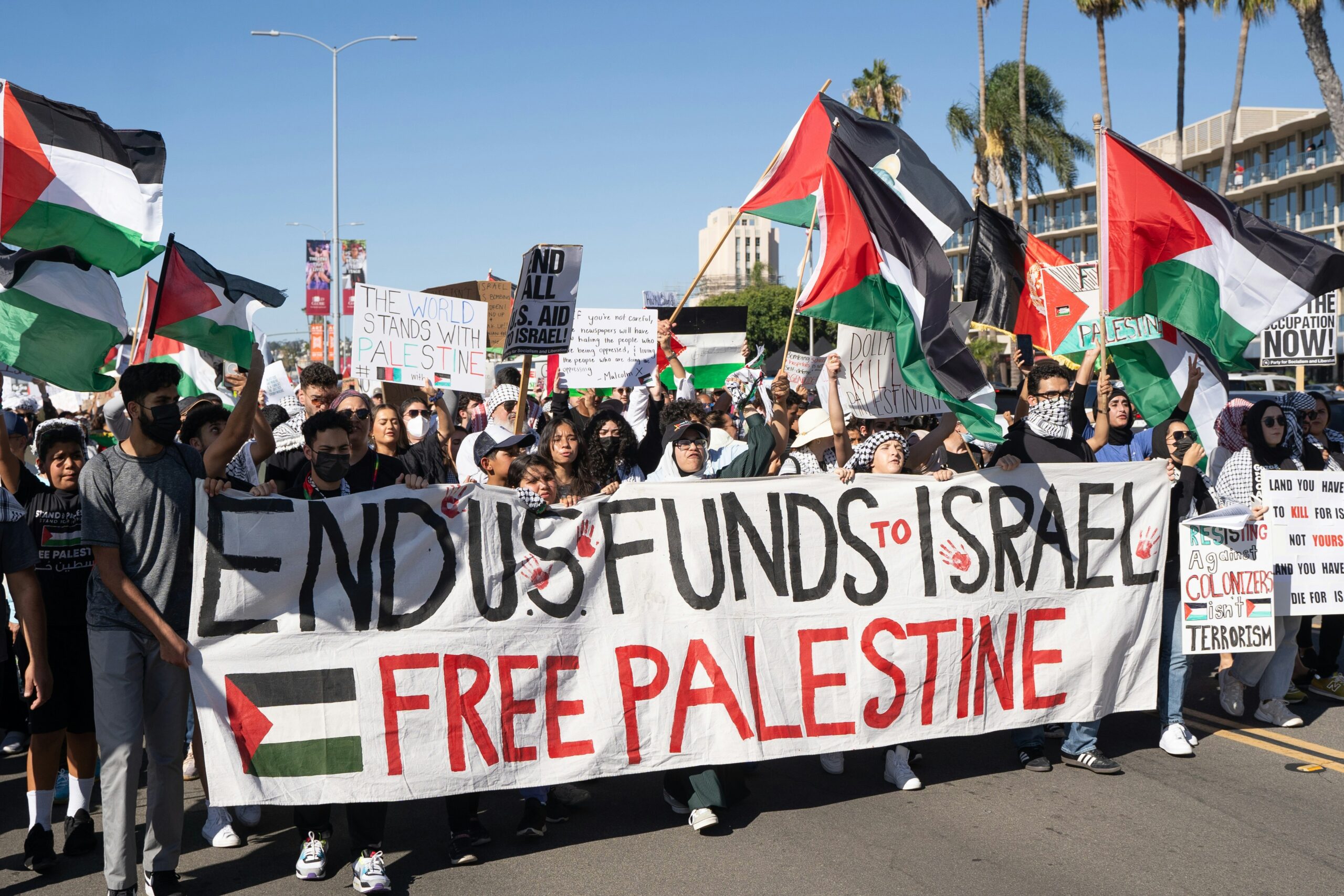
The true “unrest” in Italy is not on the streets but within the national conscience. The government’s ban exposes a deep-seated anxiety about a public debate it can no longer control. The planned demonstrations to mark the October 7 attacks were always going to be a flashpoint, not because they glorify violence, as the Israeli ambassador claims, but because they force an uncomfortable public conversation about the ongoing war in Gaza and its devastating human cost.
By shutting this down, the state is attempting to control the narrative, siding with one interpretation of history over another. The parallel, low-profile commemoration by the Jewish community in Milan, held in a secret location “for public order reasons,” is a tragic result of this failure. When both sides of a profound political conflict feel they cannot safely gather in public, the state has not preserved peace; it has surrendered to the forces of division and fear.
Why It Matters
The empty piazza in Bologna, enforced by the state, is a symbol of democratic retreat. In choosing the illusion of control over the messy reality of free expression, the Italian government has won a temporary, pyrrhic victory. It has traded a day of potential headlines about clashes for a lasting stain on its democratic credentials. But history shows us that silenced voices do not disappear; they simply find other, often more destabilizing, ways to be heard. The real test of a democracy is not whether it can enforce quiet, but whether it has the courage to withstand the noise.


